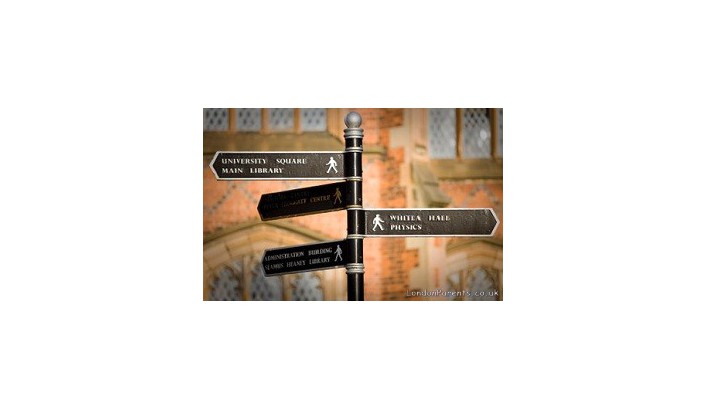Article Categories
News
-
20 July
-
04 November
-
10 July
-
12 June
-
05 June
-
24 September
-
19 September
-
10 May
-
26 April
Website Categories

According to research by the Association of Investment Companies, almost a quarter of parents (23%) are expecting to use most of their life savings to help their children through university.
Over a third of parents think it's likely their child will live at home while they are studying in order to save money. But even if they do, half of parents still expect their child to graduate with more than £20,000 of debt, while 14% anticipate their child will graduate owing more than £40,000.
Very few people will be in a position to save the huge sums needed to put their children through further education, but even putting a little away each month can help ease at least some of the financial strain.
Here, we look at some of the available options, depending on how long you have to save before your children reach higher education. The same rules apply to those who are saving for private school fees.
If you have five or more years to save
If you have several years to go before you need to cover education costs, and you have a strong appetite for risk, then you may want to consider investing into stocks and shares rather than a cash savings account.
Although markets are currently volatile due to ongoing turmoil in the Eurozone, historical evidence shows that over long-term periods, stocks and shares tend to outperform deposit accounts.
The best way to save in equities is through an individual savings account (ISA), as returns are tax-free. You can invest the full £11,680 allowance in stocks and shares, or you can invest up to £5,640 into a stocks and shares ISA this tax year (2012-13), and the same amount into a cash ISA.
Always seek professional independent financial advice if you are investing in equities for the first time, so that you invest in funds which are appropriate for your needs and suit your risk profile.
It's also a sensible idea to start with investment areas you are familiar with, such as the UK. One option might be to go for a tracker fund, which, as the name suggests, follows a particular stockmarket index, such as the FTSE 100 Index of Britain's biggest companies.
Remember to check the charges of any funds you're considering investing in, as the higher they are the more they will eat into your investment returns.
As well as using your own ISA allowance, remember that any child born on or after 3 January 2011 and before 1 September 2002 is eligible for a tax-free Junior ISA.
You can invest up to £3,600 each tax year and returns are totally tax-free, even if the money is invested by the parent.
As with ISAs for adults, you can choose between a stocks and shares ISA or cash ISA, or split your child's allowance between the two.
Children born between 1 September 2002 and 2 January 2011 will have a Child Trust Fund (CTF), rather than a Junior ISA.
Money paid into a Junior ISA or CTF is locked away until your child reaches the age of 18, but bear in mind that they are then free to spend it on whatever they want. So, while you might have earmarked the money for education, they might choose to blow it on a car instead.
If you have less than five years to save
If you don't want to take any risks with your money, or there are only a few years to go before your child is due to start higher education, your best bet is to keep your savings in a deposit account. Again, ISAs should be your starting point, as returns are tax-free.
There is a wide choice of ISAs that allow you to access your savings whenever you want. Remember that if you pay this year's full allowance and then make a withdrawal, you can't pay anything else into your ISA until the following tax year.
The highest rates of interest available are from fixed-rate ISAs, but you must be certain you won't need to get your hands on your cash during the fixed-rate term, as most of these accounts don't permit withdrawals.
Once you have used your ISA allowance, fixed-rate bonds offer the highest rates of interest, with the best returns available to those who are prepared to tie up their savings for five years.
With bonds, bear in mind that if you do opt for a longer term fixed-rate account and then interest rates go up in the next few years, you may be locked into an account which no longer looks quite as appealing as it did when you opened it.
Whichever savings route you're considering, if your goal is to cover education costs the golden rule is to start as soon as possible. The longer you have, the easier it will be to build up the sums necessary to ensure your child doesn't end up graduating from university with a large degree of debt.
Related articles
- Odyssey will open its first UK campus in Marylebone, London, April 2025 - - The award-winning global preschool for children 0-5 ...
Read moreEPIC GLOBAL PRESCHOOL, ODYSSEY, COMING T...
Londonnews554XXXAn award-winning preschool offering from Asia is to open its first campus in London, bringing a new global ‘limitless learning’...
Read moreParenting is no easy task, and for Jordan and Briana Driskell, raising their quintuplets—Zoey, Dakota, Hollyn, Asher, and Gavin&mdash...
Read more0 comments
No messages yet




